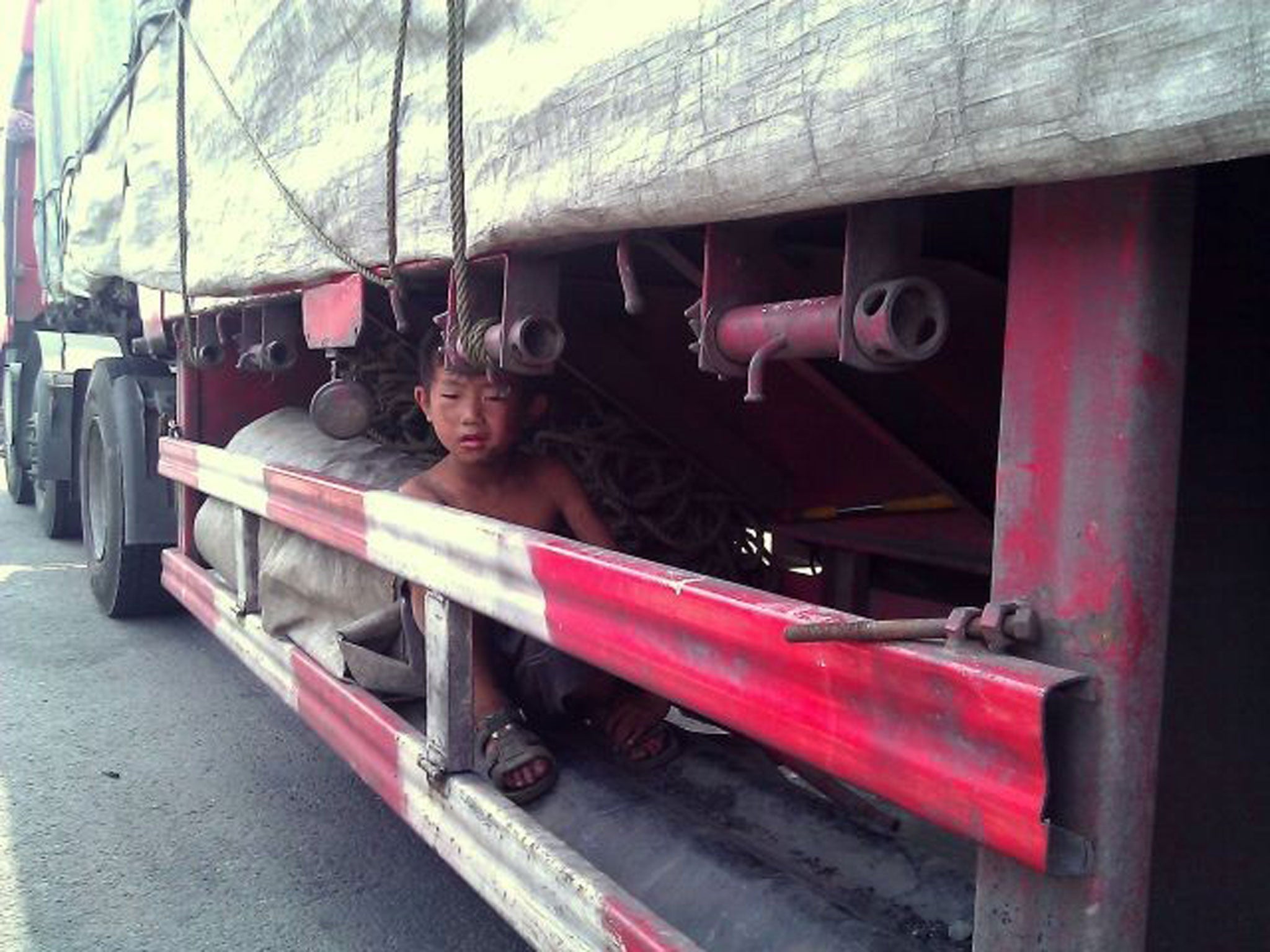MPs warn Home Office is failing on human trafficking

The Home Office should be stripped of almost all its front-line responsibilities for monitoring human trafficking because of poor decision-making and shambolic data collection, a cross-party group of MPs is expected to recommend this week.
The recommendations follow a parliamentary inquiry into the way information about human trafficking is collected and shared. A failure to gather information about the crime and its victims effectively is identified by the group. “A common theme across the inquiry has been that, despite some good practice in local areas, the national picture on modern slavery is incomplete, patchy and at times misleading by what it leaves out,” the report says.
The report, to be published on Tuesday, was compiled by the All-Party Parliamentary Group on Human Trafficking and Modern Day Slavery.
Aidan McQuade, director of Anti-Slavery International, said: “This report describes an omnishambles, and ... there’s still a sense from this report that they don’t have confidence in the Home Office and it’s still not fit for purpose.”
The Government says that it has been combating human trafficking by pushing through the Modern Slavery Bill. But critics say the draft Bill pays lip-service to tackling the crime, and makes no practical improvements to the way it is policed or its victims supported.
Mr McQuade said: “The draft Modern Slavery Bill doesn’t seem to attend to any of the deficiencies which are identified in this report”.
The Home Office has come under repeated criticism for poor decision-making and a blinkered anti-immigration approach when identifying victims of human trafficking.
The Home Office’s UK Visas and Immigration department is one of two bodies responsible for deciding whether migrants have been trafficked. The other is the UK Human Trafficking Centre (UKHTC). Once the Home Office is “removed from its position”, the group suggests that instead “either an independent decision-making body be set up or all decisions be made by the UKHTC”.
The Home Secretary, Theresa May, has already said she will conduct a review into the National Referral Mechanism, the process used by the Home Office and UKHTC to decide if someone has been trafficked or not. However, the parliamentary group recommends this review be conducted by an independent panel, rather than anyone connected with the Home Office.
Giving evidence at the group’s inquiry hearings in November, John Vine, the Independent Chief Inspector of Borders and Immigration, said: “In most of my reports, I find that [Home Office] data capture [and] data handling is generally weak and sometimes extremely poor.”
One police force wrote of the Home Office in its submission to the inquiry: “The tension that exists around immigration status for individuals also is a barrier to free-flowing information and intelligence.”
The report said that the evidence it received of trafficking decisions made by border officials being “unduly influenced by their role in immigration control” was of “immediate concern”.
The major problem identified in the report was a total lack of reliable data.
Bookmark popover
Removed from bookmarks